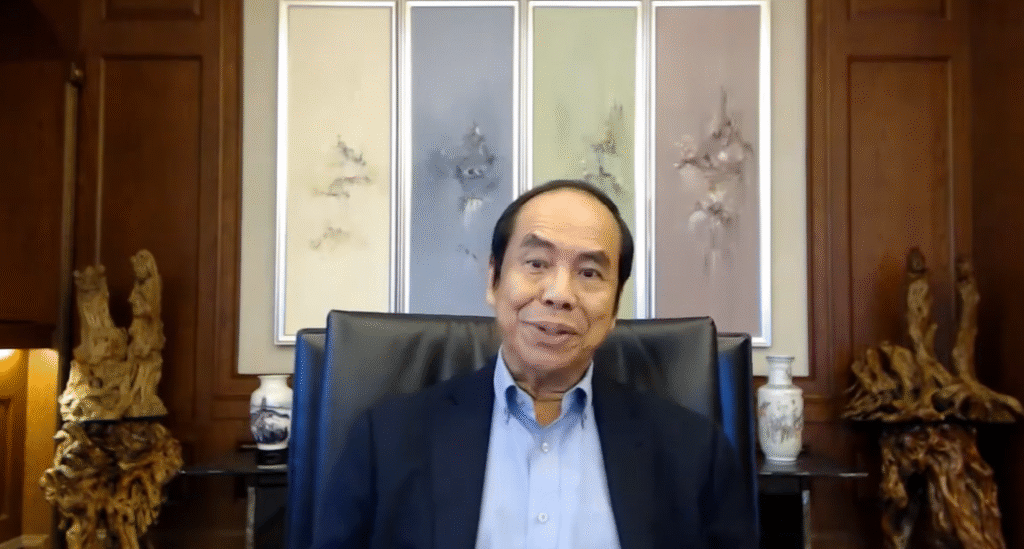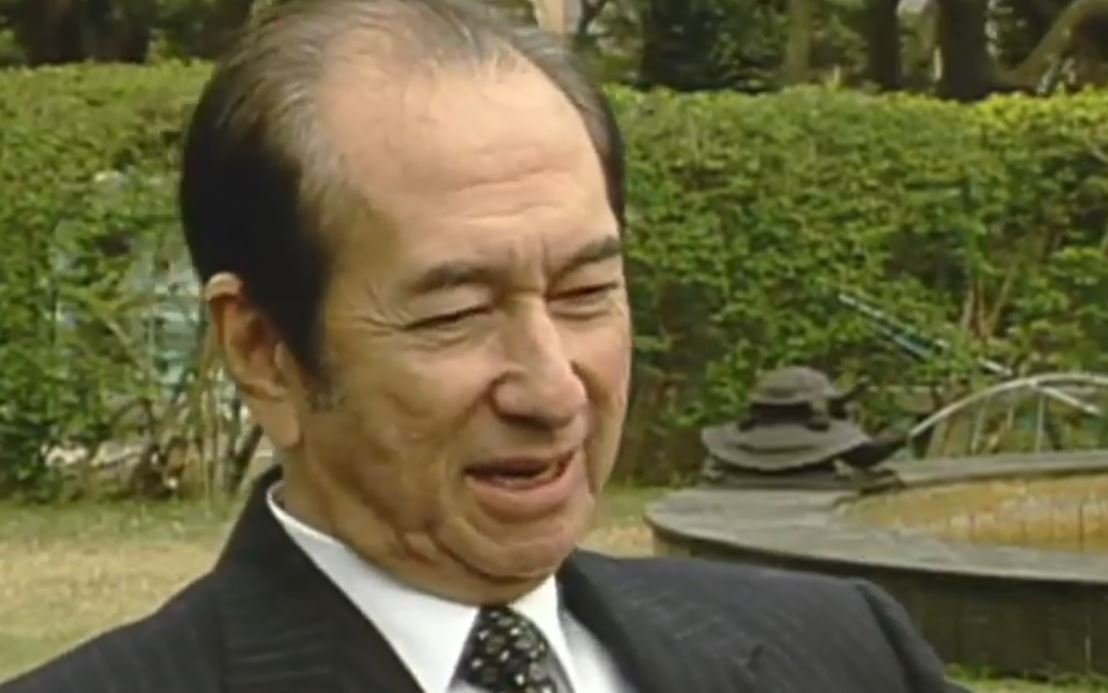Known by many as the Popiah King, Sam Goi Seng Hui has quietly built one of the most successful business empires in Southeast Asia. His current portfolio consists of frozen foods, high-end real estate, and innovative food technology projects, and he is believed to be worth $2.87 billion. What distinguishes Goi is not only the variety of sectors he controls, but also the way he developed it all from a failing pastry factory and a gut feeling honed by hardship.
Goi, who arrived in Singapore by boat at the age of six after being born in Fujian, China, started off with little more than a keen entrepreneurial spirit and a strong work ethic. He soon saw an opening in a faltering food unit: Tee Yih Jia, after quitting school early to assist in his father’s grocery store. He borrowed S$450,000 to buy the company in 1977. That choice turned out to be especially advantageous for his career as well as for the Asian frozen food sector as a whole.
| Full Name | Sam Goi Seng Hui |
|---|---|
| Nickname | Popiah King |
| Date of Birth | April 26, 1949 |
| Age | 75 |
| Nationality | Singaporean |
| Main Companies | Tee Yih Jia (TYJ), GSH Corporation |
| Business Focus | Frozen Foods, Property Development, Food Tech |
| Estimated Net Worth | $2.87 Billion (as of January 2025) |
| Diplomatic Role | Non-Resident Ambassador to Brazil (Singapore) |
| Verified Source | Forbes – https://www.forbes.com/profile/sam-goi |
At the time, TYJ was a partially automated process that could only produce 3,200 popiah skins per day. After implementing automated procedures, Goi increased production to 25,000 units per day in just three years. He soon put into service the first popiah skin-making machine in history, an innovation that revolutionized production capacity and established a new standard for the sector. By 1980, TYJ’s factories were producing 30 million popiah skins daily, catering to clients well outside of Singapore.

Goi’s trajectory is particularly noteworthy for how early he saw the importance of technology infrastructure. In addition to increasing productivity, he completely redesigned the procedure. Later, other regions of his kingdom adopted a similar progressive stance. Operating under trademarks like Spring Home and Happy Belly, TYJ branched out into a number of cuisines, offering everything from frozen roti to samosas and ramen. With the help of an extremely effective and subtly powerful distribution plan, their products are now supplied to more than 80 countries.
But frozen food wasn’t the ultimate objective. Goi bravely entered the real estate market in the early 2000s, when the majority of entrepreneurs were only concerned with growing their supply chains. He started buying land and making significant investments through GSH Corporation after realizing the unrealized potential in China’s emerging real estate market. That decision, which was much ahead of its time, was quite profitable. He currently holds a nearly 60% share in GSH, a real estate company that develops upscale residential and commercial properties around Asia.
By using strategic purchases and bolstering his company’s assets, Goi established a supplementary source of income that served as a buffer against changes in the food industry. In addition to diversifying his income, this dual-industry strategy greatly decreased risk, which over time made his money incredibly resilient.
Goi has remained relevant through both diversification and vision. He is not resting on his accomplishments at 75. In anticipation of dietary changes and sustainability trends that are revolutionizing food consumption worldwide, he has started investing in plant-based and lab-grown meat firms in recent years. Through angel financing and strategic alliances, he is subtly putting himself at the forefront of the upcoming food revolution. In addition to being morally in line with contemporary expectations, this direction has a uniquely creative potential for disruption.
Increasing his role as a mentor to up-and-coming food innovation founders is one of his more recent objectives. In his opinion, this is a means of giving back and educating the upcoming generation of businesspeople. “Every generation faces new problems—and from that pressure, new entrepreneurs are born,” Goi frequently highlights in interviews. Decades of problem-solving have molded this worldview, which is remarkably comparable to the ideas of multinational corporate titans like Jack Ma or Narayana Murthy—leaders who prioritize long-term societal benefit over earnings alone.
Goi’s appointment as Singapore’s non-resident ambassador to Brazil in 2018 further acknowledged his impact. Despite having a diplomatic designation, this position fits in well with his business mindset. It creates opportunities for cross-continental collaborations and symbolically reaffirms the government’s faith in his leadership and international economic savvy.
Goi leads a disciplined lifestyle in spite of his remarkable wealth. Despite rarely being in the spotlight, he is well-known for his taste for simplicity and consistently commands respect from the business. His tale has also resonated with me personally. For a brief while in 2022, his son’s union with actress Tracy Lee garnered public attention, providing a unique window into the family that runs the business. The intimate and humanizing event demonstrated how Goi’s identity is still closely linked to family values despite his size and stature.
The impact of Goi’s dominion on society cannot be ignored. Beyond its size, TYJ has successfully shaped cross-cultural culinary integration by putting Asian food staples into Western supermarkets and creating thousands of jobs. His real estate projects, which are frequently in underappreciated urban areas, have spurred urban renewal in a number of cities. In many respects, Goi is a silent architect of economic mobility rather than merely a commercial leader.
His success is elegant in the way it has developed naturally. He didn’t suddenly become well-known in the business world. Rather, his path has been constructed piece by piece, with every choice, product introduction, and growth based on accuracy and patience. Goi has quietly accumulated one of Singapore’s largest fortunes through judgments that are incredibly effective and exceptionally clear in hindsight, in contrast to other tycoons who pursue headlines.
His ability to adjust to shifting consumer tastes, traverse shifting marketplaces, and predict global economic trends all point to a measured and flexible leadership style. Goi’s businesses, which started in manufacturing but are now branching out into technology, are set to gain even more clout as food security, sustainability, and innovation continue to dominate economic debate.
Popiah King is a metaphor for metamorphosis rather than just a nickname. Sam Goi transformed a tiny film of rice flour into an empire filled with invention, impact, and integrity through unwavering discipline and insight. In addition to showcasing his own perseverance, his story demonstrates how tradition and innovation, when properly combined, may produce something enduring and incredibly important.









